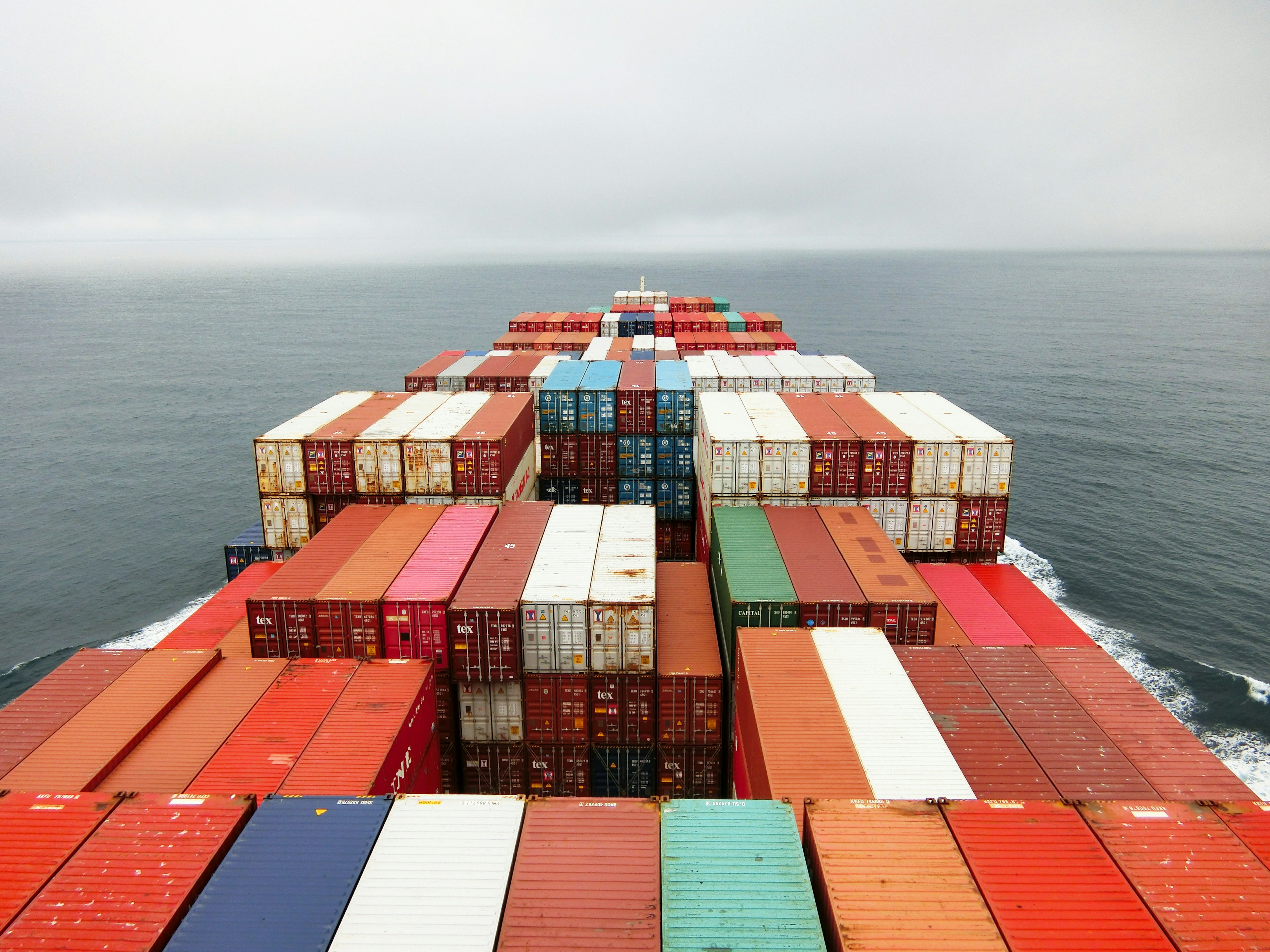
Our standards

Standardisation in container shipping fosters improved data insights by enabling seamless integration of diverse systems and databases. This streamlined data exchange enhances analytics capabilities, allowing stakeholders to gain deeper insights into supply chain operations, identify trends, and make informed decisions for enhanced efficiency and performance optimisation.
Implement our standards
The Developer Portal is your gateway for all resources that make the implementation journey smoother and simpler.









